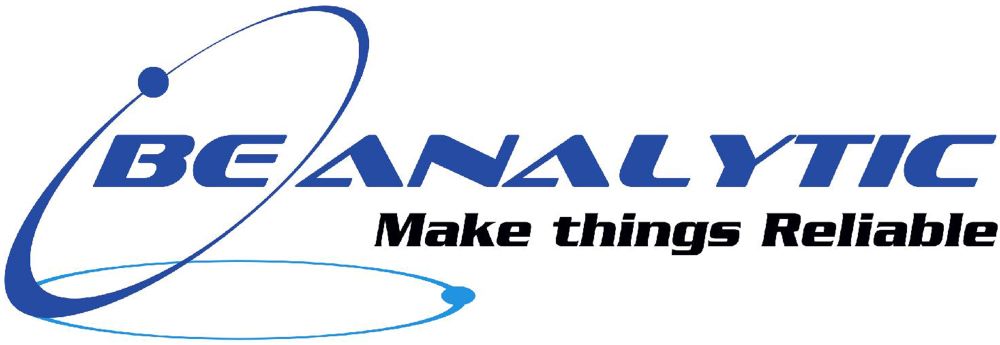Introduction to EMI EMC Testing
Electromagnetic Interference (EMI) and Electromagnetic Compatibility (EMC) testing are critical processes for evaluating the performance and safety of electronic systems. These tests assess the ability of electronic devices to operate without interference in electromagnetic environments.
Importance of EMI EMC Testing in Automotive Development
The automotive industry relies heavily on electronic systems for various functions, including safety, navigation and entertainment. EMI EMC testing ensures that these systems can function reliably in the presence of electromagnetic interference, thereby enhancing vehicle safety and performance.
Importance of EMI EMC Testing in Defence Development
In defence applications, where mission-critical electronic systems are prevalent, EMI EMC testing is indispensable. It guarantees that military equipment operates effectively in harsh electromagnetic environments, preventing malfunctions that could jeopardize mission success and personnel safety.
Key Considerations for Implementing EMI EMC Testing
- Understand Regulatory Requirements: Familiarize yourself with industry standards and governmental regulations concerning EMI EMC testing.
- Develop Comprehensive Testing Procedures: Establish robust testing protocols to evaluate electromagnetic compatibility and identify potential interference issues.
- Utilize Proper Testing Equipment: Invest in high-quality testing equipment to accurately measure and assess electromagnetic performance.
- Train Personnel: Provide training to personnel involved in EMI EMC testing to ensure proficiency and consistency in testing procedures.
- Continuously Monitor and Adapt: Regularly review and update testing procedures to adapt to evolving technologies and regulatory changes.
Conclusion
Ensuring Performance and Compliance EMI EMC testing plays a vital role in automotive and defence development by guaranteeing the reliability, safety and compliance of electronic systems. By implementing effective testing procedures and staying abreast of industry standards organizations can enhance product performance, mitigate risks and ensure regulatory compliance.


